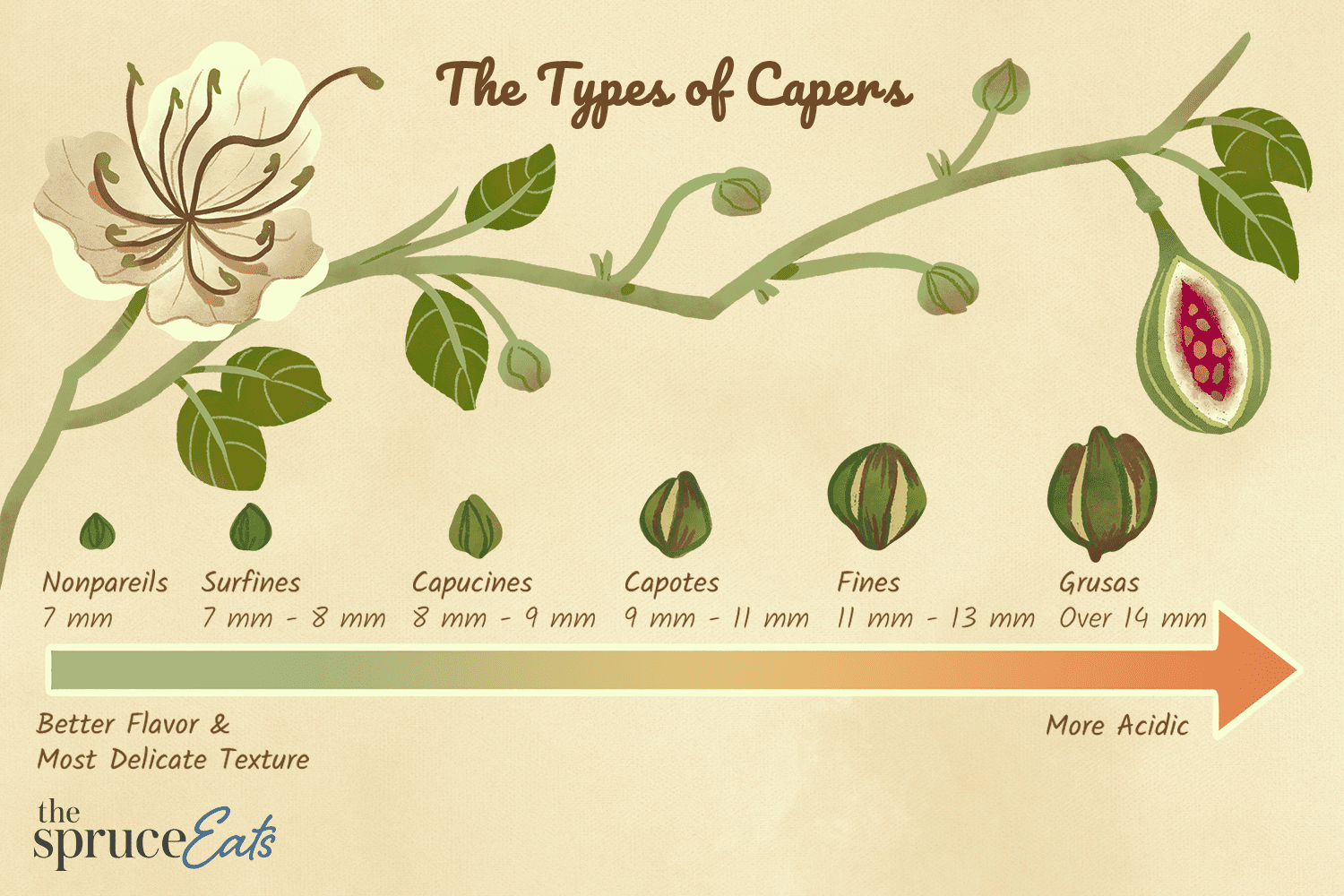What Are Capers?

Capers are a unique and flavorful ingredient that has been used in cooking for centuries. These small, green flower buds are packed with a tangy and slightly salty taste that adds a delightful punch to a wide range of dishes. Whether you’re a culinary enthusiast or just curious about exploring new flavors, understanding what capers are and how they can be used will undoubtedly enhance your culinary repertoire.
The Origin and Cultivation of Capers
Capers have a long history that dates back to ancient times. They are believed to have originated in the Mediterranean region, where they have been cultivated for thousands of years. The caper bush, scientifically known as Capparis spinosa, is a perennial plant that thrives in hot and dry climates. It is commonly found in countries such as Italy, Greece, Spain, and Morocco.
The caper bush produces delicate, unopened flower buds that are harvested by hand before they bloom. These buds are then dried and pickled in vinegar or salt to preserve their unique flavor. The size of capers can vary, with smaller buds being more desirable due to their intense flavor.
The Culinary Uses of Capers
Capers are a versatile ingredient that can be used in a variety of dishes, both as a garnish and as a flavor enhancer. Their distinctive taste adds a tangy and briny note to recipes, making them particularly popular in Mediterranean and Italian cuisine.
One of the most well-known uses of capers is in pasta dishes. They are often added to sauces, such as puttanesca or piccata, to provide a burst of flavor. Capers also pair well with fish and seafood, adding a refreshing contrast to rich and fatty flavors. They can be sprinkled over grilled salmon or mixed into tuna salad for an extra zing.
In addition to savory dishes, capers can also be used in salads and dressings. Their unique taste adds a refreshing element to green salads, potato salads, and even coleslaw. Capers can also be blended with olive oil, lemon juice, and garlic to create a flavorful vinaigrette.
The Health Benefits of Capers
Beyond their culinary uses, capers also offer several health benefits. They are low in calories and fat, making them a great addition to a balanced diet. Capers are also a good source of vitamins and minerals, including vitamin K, vitamin A, and iron.
Furthermore, capers are rich in antioxidants, which help protect the body against harmful free radicals. These antioxidants have been linked to a reduced risk of chronic diseases, such as heart disease and certain types of cancer. Additionally, capers contain compounds that may have anti-inflammatory properties, potentially aiding in the management of inflammatory conditions.
Choosing and Storing Capers
When purchasing capers, it is important to choose high-quality ones to ensure the best flavor. Look for capers that are firm and plump, with a vibrant green color. Avoid capers that appear shriveled or discolored, as they may have lost their freshness.
Capers are typically sold in jars or cans, either packed in vinegar or salt. Both varieties are equally delicious, so it comes down to personal preference. If using capers packed in salt, rinse them thoroughly before use to remove any excess saltiness.
To store capers, keep them in their original packaging or transfer them to an airtight container. They can be stored in the refrigerator for several months, maintaining their flavor and quality.
In Conclusion
Capers are a small but mighty ingredient that can elevate the flavor of any dish. Their tangy and briny taste adds a unique dimension to both savory and salad recipes. Whether you’re a fan of Mediterranean cuisine or simply looking to experiment with new flavors, incorporating capers into your cooking will undoubtedly enhance your culinary creations. So, next time you’re browsing the grocery store shelves, don’t overlook these tiny green buds – they just might become your new favorite ingredient.






